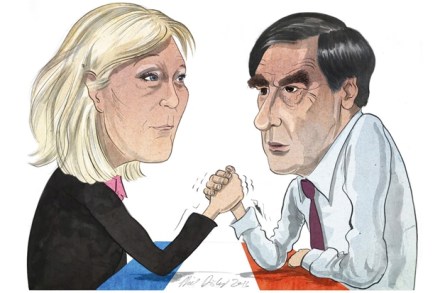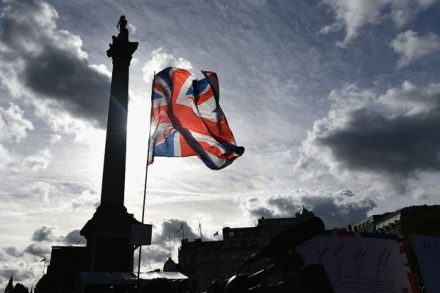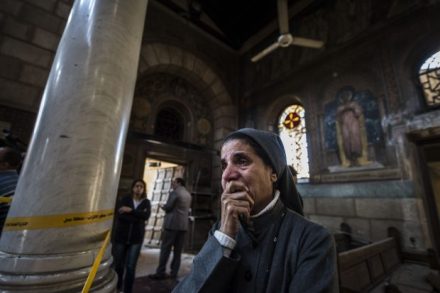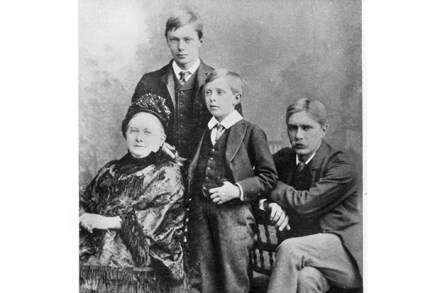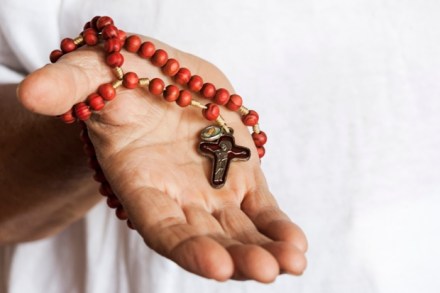America won’t forget Obama’s message of hope
Those who sneer at Obama for promising more than he could deliver have little understanding of the nature of moral idealism. They accuse him of naivety but they are themselves naive. They fail to grasp that Obama expressed the basic moral idealism that unites the vast majority of people in the West. He expressed it more eloquently than anyone else had for decades. To say that he created unrealistic hopes is inept. Those ‘unrealistic hopes’ are intrinsic to the basic creed of the West – ‘liberty and justice for all’ sums it up. Such intense idealism is a crucial aspect of the politics of the West, however awkward this is. It’s risky


